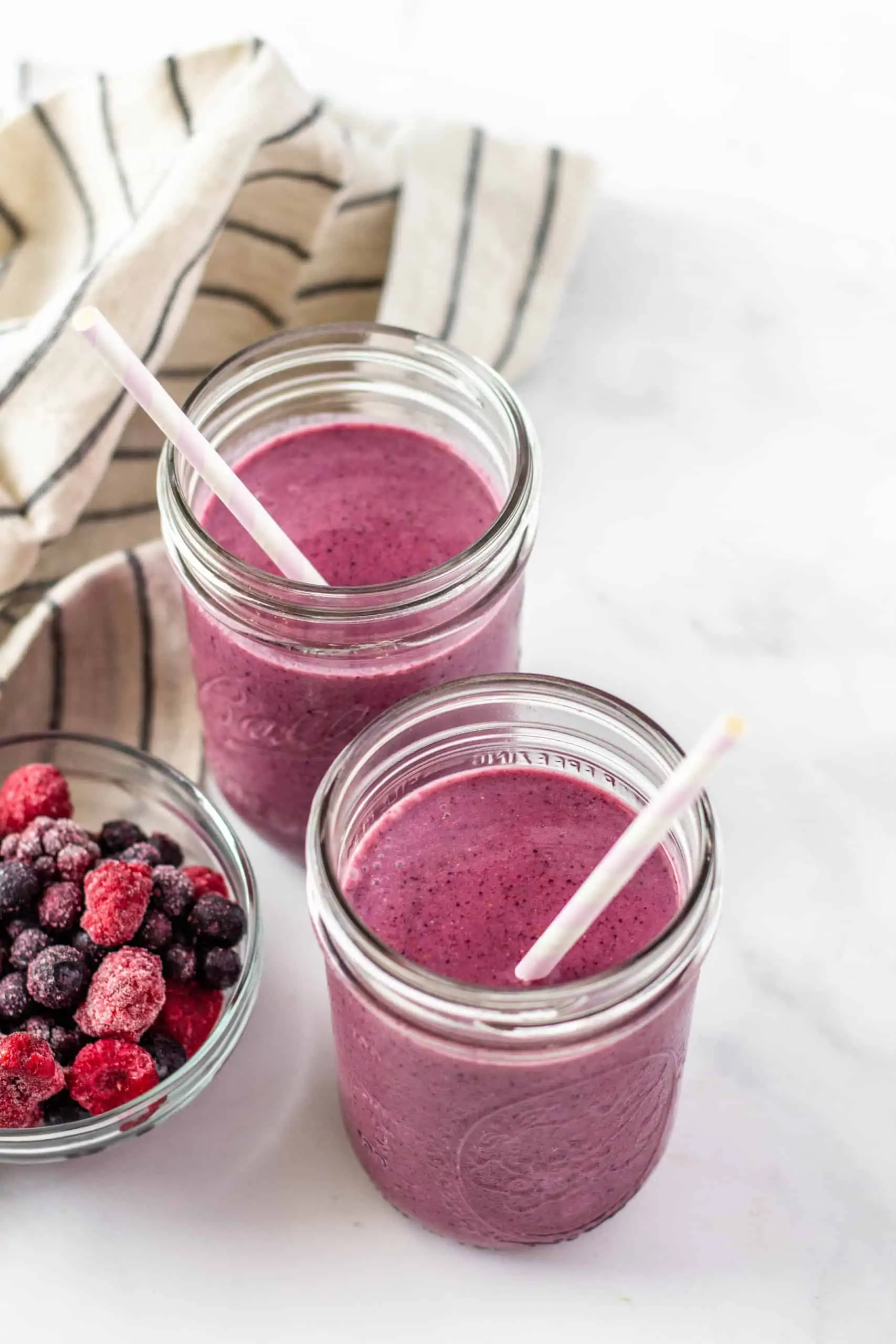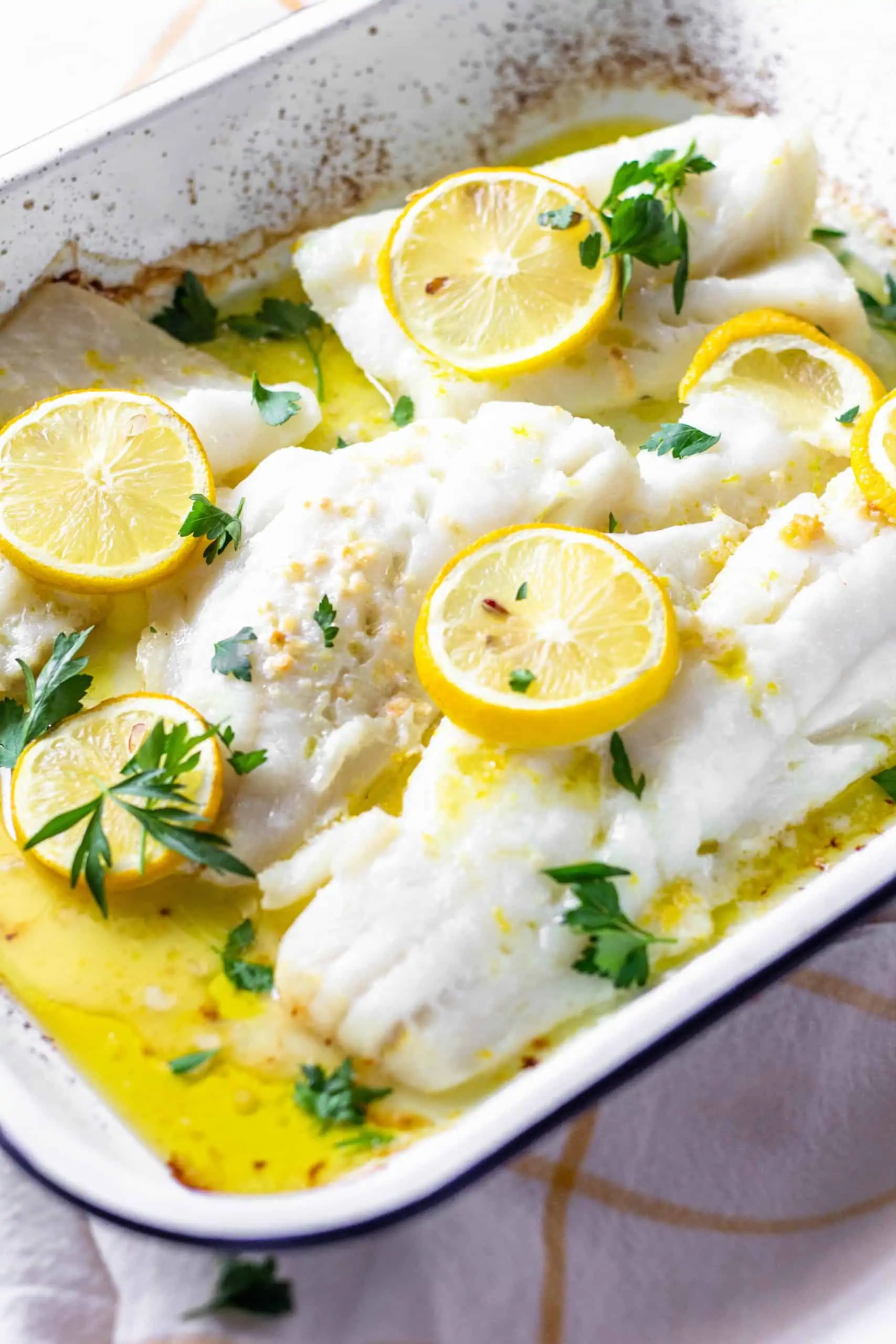
There are so many things to think about when you are a new mom, so I’ve broken down what nutrients are important in postpartum nutrition to help you recover and feel your best. I’ve included a list of foods and recipes that include these nutrients.
Transitioning from being pregnant, to being a postpartum new mom is an extremely challenging period of time. I know, because I just did it twice in two years!
Caring for your newborn baby is so important, but it’s also important to take care of yourself. One way you can nourish your body after giving birth is to focus on eating nutrient dense foods. Giving your body a strong nutrition foundation will help you recover from birth, support breastfeeding (if you wish to do this for your baby), and help you avoid getting hangry when you are low on sleep.
Postpartum Nutrition
Birth is a completely wonderful and life changing experience, but it is also draining in so many ways (physically, mentally, emotionally). Many women focus on eating as well as they can while pregnant, but it’s important to continue to eat nutritious foods after baby is born.
By giving your body proper nutrients, you will help your body heal after the birthing process, potentially decrease the risk for postpartum depression, and give yourself a much-needed energy boost.
While you may feel the urge to decrease your nutrient intake to lose weight you gained while pregnant, it’s really important to listen to your hunger cues (you WILL be very hungry postpartum) and trust that your body is asking for the food it needs. If you are breastfeeding, you need around 400 additional calories a day (at least!).
Below, I’ve listed specific nutrients to focus on in the postpartum period, foods that contain these nutrients, and recipes that contain those foods great for postpartum nutrition.
Before we dive into the details, the big takeaway I want you to have is that it’s important to make sure to eat enough while you are recovering from birth. Listen to your hunger cues, try to have some ready to eat foods on hand that require zero prep (fresh fruit/vegetables, nuts, trail mix, yogurt, hummus), and make meals with many servings so you can cook once and eat multiple times.
Nutrients to Focus on in Postpartum Nutrition
- Omega 3 fatty acids: Omega 3 fatty acids help decrease inflammation in the body, which can aid in healing from birth and help decrease the risk for postpartum depression. Omega 3 fatty acids are also important for baby’s brain development and can be passed through breastmilk.
- Folate: The Dietary Guidelines for Americans currently recommend a higher intake of folate/folic acid for pregnant and lactating people. Low levels of folate may be linked with postpartum depression. You can find folate in leafy greens, dark green vegetables, beans, peas, and lentils.
- Iron: Blood is lost during birth, and low iron levels may be linked with maternal health. Iron is found in meat, poultry, some seafood, beans, peas, lentils, and dark green vegetables. Pairing iron-rich foods with vitamin C-rich foods will help maximize absorption.
- Iodine: The Dietary Guidelines for Americans recommends a higher intake of iodine for pregnant and lactating people. It can impact hormone levels and helps with fetal development. Iodine can be found in eggs, seafood, sea vegetables, dairy, and iodized salt.
- Choline: Choline is important for metabolism, baby’s development and many body processes. You can find choline in eggs, shiitake mushrooms, soybeans, wheat germ, almonds, chicken, turkey, cruciferous vegetables, red potatoes, quinoa, and cottage cheese.
- Vitamin D: Low levels of vitamin D may be linked with postpartum mental health. Vitamin D is synthesized in the body when it is exposed to sunshine! You can also find vitamin D in some mushrooms, egg yolks, and some fortified foods like milk, tofu, and cereal like oatmeal.
- Zinc: Low levels of zinc may be linked with postpartum mental health. Zinc helps the body to fight off infections and in cell production, which is important after recovering and healing from birth.Some sources of zinc are chicken, seeds, wheat germs, and wild rice.
- Selenium: Low levels of selenium may be linked with postpartum depression. You can find this mineral in brazil nuts, fish, chicken, turkey, cottage cheese, eggs, brown rice, sunflower seeds, spinach, oatmeal, lentils, cashews, and banana.
- Vitamin B12: Low levels of vitamin B12 may be linked with postpartum mood. It’s also an important nutrient for metabolism and healing, and many other body processes. You can find it in organ meats, clams, sardines, tuna, fortified cereal, nutritional yeast, trout, salmon, fortified nondairy milk, and eggs.
- Calcium: Low levels of calcium may be linked with postpartum depression. Calcium is also essential for bone health. You can find calcium in many nondairy foods such as seeds, canned sardines or salmon (especially with bones), beans and lentils, almonds, leafy greens, rhubarb, edamame, and tofu.
Foods to Include in Postpartum Diet
- Protein: Protein foods aid in the healing and recovery process. Protein is a nutrient that is slower to digest, so it will help you feel fuller for longer, and many protein-rich foods contain B vitamins that will help your body heal.
- Water: Water is important for new moms, especially breastfeeding moms. You may need as much as 16 cups of water a day.
- Complex Carbohydrates: Complex carbohydrates are higher in fiber and slower to digest, which makes them more filling. Foods high in complex carbohydrates are fruit, vegetables, nuts, beans, and whole grains.
- Healthy Fats: Monounsaturated fats can be found in olive oil, avocado oil, canola oil and tree nuts like almonds, walnuts, hazelnuts, pecans and cashews. Polyunsaturated fats are found in vegetable and seed oils. Omega 3 fatty acids are found in seafood like salmon and albacore tuna, chia seeds, flax seeds, walnuts, and soybeans.
- Beans and legumes – Provide the necessary nutrients protein, folate, zinc and iron.
- Seafood – Seafood is a source of protein and omega 3 fatty acids, and the current Dietary Guidelines for Americans recommends 8-12 oz a week, or about 2-3 servings, for pregnant and lactating women.
- Eggs – Eggs contain protein, choline, iron, B vitamins, selenium, vitamin D, calcium, and zinc.
- Fruit – Consume a variety of colors to get the widest variety of nutrients. Fruit can pair with nut butter for an easy snack. It’s rich in antioxidants which help reduce inflammation. You can consume fresh, frozen or canned in 100% juice.
- Vegetables – Also consume a variety of colors of vegetables to get the full profile of nutrients. Consuming cooked vegetables will be easier to digest than raw.
- Whole grains – Whole grains such as oats, brown rice, millet, and farrow provide lasting energy, B vitamins and folate.
- Probiotic foods – Research explains that there is a connection between our gut and our brain, so having a healthy digestive system is extremely important in the postpartum period. Fermented foods give our bodies good bacteria making our gut happy and healthy. Yogurt, sauerkraut, kefir, kombucha, and kimchi are all great sources of probiotics.
- Prenatal or Postnatal vitamin – Many times, a vitamin is important even after you have your baby, especially if you are breastfeeding. Talk with your doctor about your specific needs.
Postpartum Nutrition Recipes
I completely understand how tiring being a new mama is. I also understand that you may not feel very energetic or well enough or have the time to prep food for yourself prior to the birth of your baby.
When it comes to nutrition in the early postpartum period, give yourself grace. Try to eat a variety of foods, but understand that making a big pot of soup and heating that up as leftovers for several days is totally ok and a great way to save time.
Below are some simple recipes that include foods listed in the “Foods to Include in the Postpartum Diet.” Many of the recipes can be made ahead (I love to keep things like muffins and snacks in the freezer for easy snacks while nursing!), eaten with one hand (hello smoothies!!), or made in a large batch that can be reheated for multiple days.
Breakfast
- Cranberry Orange Muffins whole grains, oats, cranberries, orange, eggs
- Berry Oatmeal Breakfast Bake oats, eggs, seeds, berries, banana
- Potato Breakfast Burrito eggs, potatoes, tomatoes, whole grains
- Homemade Freezer Breakfast Sandwich eggs, broccoli, whole grains
- Overnight Oats oats, yogurt, berries, seeds
Snacks
- Healthy Lactation Bites oats, coconut, flax seed, peanuts, walnuts
- Maple Sweetened Banana Oat Mini Muffins oats, bananas, almonds, bananas, pecans
- Strawberry Kefir Smoothie berries, kefir, chia seeds
- Oatmeal Blueberry Carrot Zucchini Muffins oats, blueberries, carrots, zucchini, almonds, flax seeds
- Chia Pudding chia seeds, flax seeds, almonds
- Mixed Blueberry Smoothie with Kefir berries, kefir, banana, chia seeds
- Strawberry Lemonade Smoothie strawberries, greek yogurt
- Healthy Heart Beet Berry Smoothie beets, berries, clementines, dates, walnuts
- Oatmeal Coconut Chocolate Energy Bites oats, coconut, peanuts, pecans
Dinner
- Chickpea Peanut Stew chickpeas, leafy greens, tomatoes, nuts
- Turkey or Chicken Wild Rice Soup poultry, wild rice, carrots, celery
- Pumpkin and Roasted Vegetable Lasagna pumpkin, tomatoes, cottage cheese, eggplant, olive oil, poultry
- Chicken Soup with Quinoa and Greens poultry, quinoa, leafy greens, carrots
- White Chili with Chicken and Beans beans, poultry, avocado
- Gnocchi Primavera zucchini, tomatoes
- Chicken and Butternut Squash Chili butternut squash, beans, tomatoes, poultry, olive oil, bell peppers
- Slow Cooker Chicken Chili tomatoes, green chilies, poultry
- Pumpkin Spinach Enchiladas pumpkin, leafy greens, poultry, tomatoes, olive oil
- Baked Lemon White Fish lemon, fish, olive oil
- Taco Zucchini Boats zucchini, poultry, carrots, olive oil, tomatoes, leafy greens
- Spinach and Herb Chicken Meatballs poultry, walnuts, spinach
- Egg Roll Bowl cabbage, poultry, carrots, ginger
Sources:
Dietary Guidelines for Americans 2020-2025
Perinatal Depression: Prevalence, Risks, and the Nutrition Link—A Review of the Literature
Related Posts
Based on this post, here are a few similar ones you should check out.





Leave a comment